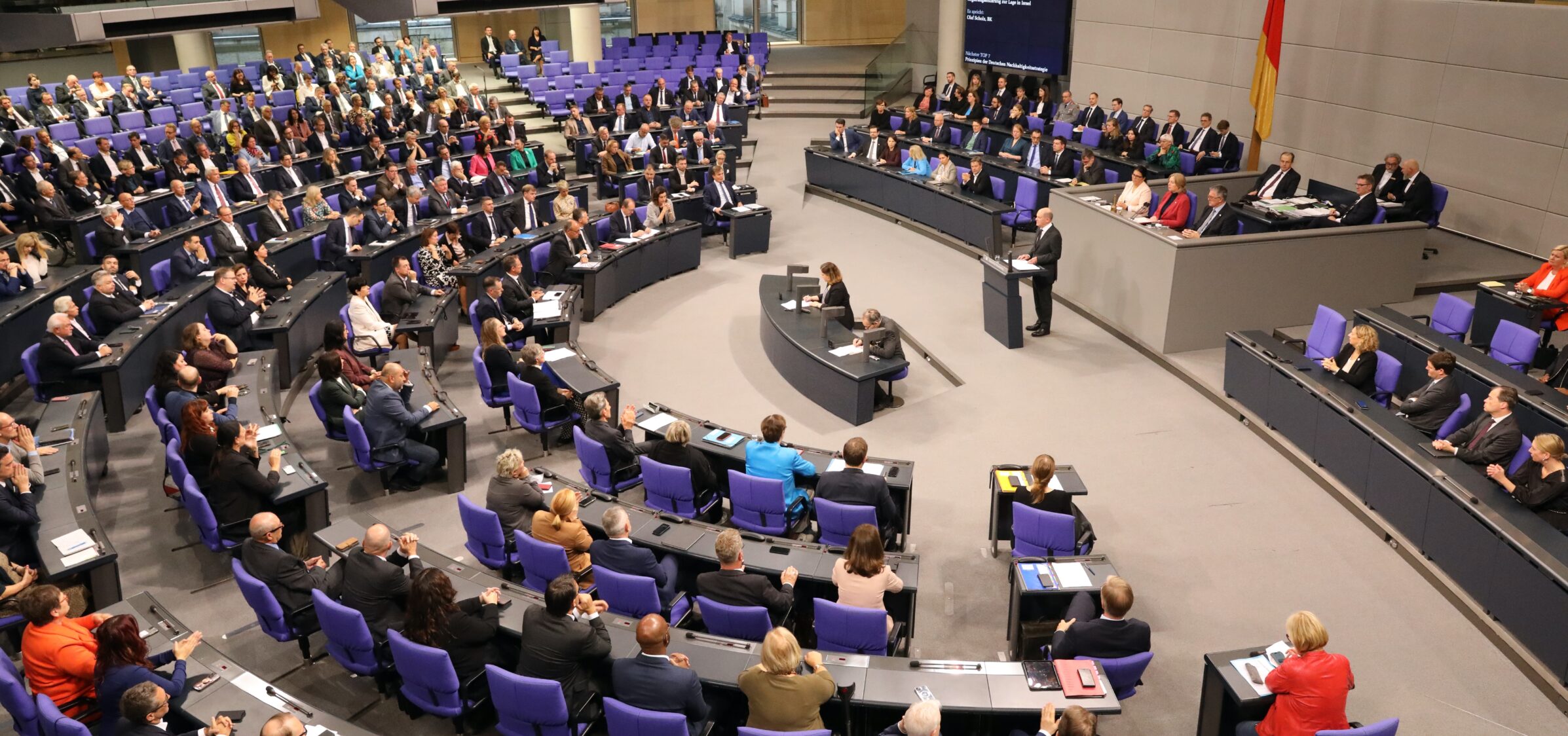Three Māori lawmakers took a bold stand in New Zealand’s Parliament using the traditional haka, escalating a debate on cultural inclusion and Indigenous rights.
At a Glance
- Māori lawmakers Maipi-Clarke, Ngarewa-Packer, and Waititi faced suspension for protesting with a haka.
- The protest was against a controversial law seen as reversing Indigenous rights.
- Suspensions marked one of the longest in New Zealand’s history, sparking debate.
- The event challenges the integration of Māori cultural customs in political discourse.
Lawmakers’ Protest and Reaction
Three Māori lawmakers from Te Pāti Māori, Hana-Rāwhiti Maipi-Clarke, Debbie Ngarewa-Packer, and Rawiri Waititi, were suspended for performing a haka in the New Zealand Parliament. The traditional Māori dance was used during a debate to protest a proposed bill thought to reverse Indigenous rights. International attention quickly followed, highlighting the serious cultural sensitivities involved.
The lawmakers faced different suspension durations, with Maipi-Clarke suspended for seven days and the others for 21 days, the longest in the country’s parliamentary history. The protest was not due to the haka itself but because the lawmakers approached their opponents during the performance. Maipi-Clarke argued that other legislators had approached opponents without similar penalties.
Cultural Expression and Legislative Protocol
Government lawmakers rejected suggestions for lighter sanctions, resulting in a heated debate that ended without consensus. The ruling party’s majority was expected to pass the suspensions, but their severity prompted significant controversy. This incident has reignited discussions on recognizing Māori cultural protocols within parliamentary settings.
“I came into this house to give a voice to the voiceless. Is that the real issue here?” – Ms. Maipi-Clarke.
Some lawmakers argue for increased inclusivity of Māori customs, considering the haka a meaningful part of New Zealand’s cultural landscape. However, divisions within the parliamentary committee and lack of consensus continue. Speaker Gerry Brownlee called for unity, but the established vote, supported by the government’s and opposed by the opposition, reflected ongoing divides.
Implications for Indigenous Rights and Policy
The suspensions and ensuing debate highlight broader issues concerning Indigenous rights and the principles of the Treaty of Waitangi. Although recognized, Māori still face socioeconomic disadvantage compared to non-Māori populations, raising questions about true equality and representation. This protest and its ramifications underscore the delicate balance between maintaining parliamentary order and honoring Indigenous expressions.
“New Zealand lawmakers Hana-Rāwhiti Maipi-Clarke, Debbie Ngarewa-Packer, and Rawiri Waititi were suspended from Parliament after performing a Māori haka in protest of a proposed law that they argued would reverse Indigenous rights.” – Hana-Rāwhiti Maipi-Clarke, Debbie Ngarewa-Packer, and Rawiri Waititi.
As the political discourse continues, this incident stands as a significant point in New Zealand’s journey towards truly integrated cultural representation and creating a political environment that values and respects the voices of all its peoples.
You may also like...

$15M LAWSUIT – Meathead Movers FIGHTS BACK!
$15M LAWSUIT – Meathead Movers FIGHTS BACK!
The EEOC's investigation into Meathead Movers could send shockwaves through...

Colbert TORCHES Trump – PRIDE Month SNUBBED!
Colbert TORCHES Trump – PRIDE Month SNUBBED!
Stephen Colbert’s sharp monologue criticized the Trump Administration's diminishing support...

HAKA PROTEST ERUPTS – Māori Lawmakers SUSPENDED!
HAKA PROTEST ERUPTS – Māori Lawmakers SUSPENDED!
Three Māori lawmakers took a bold stand in New Zealand's...

EX-COP ESCAPES – “Devil in the Ozarks”...
EX-COP ESCAPES – “Devil in the Ozarks”...
How does an ex-cop, convicted murderer, and rapist manage to...
